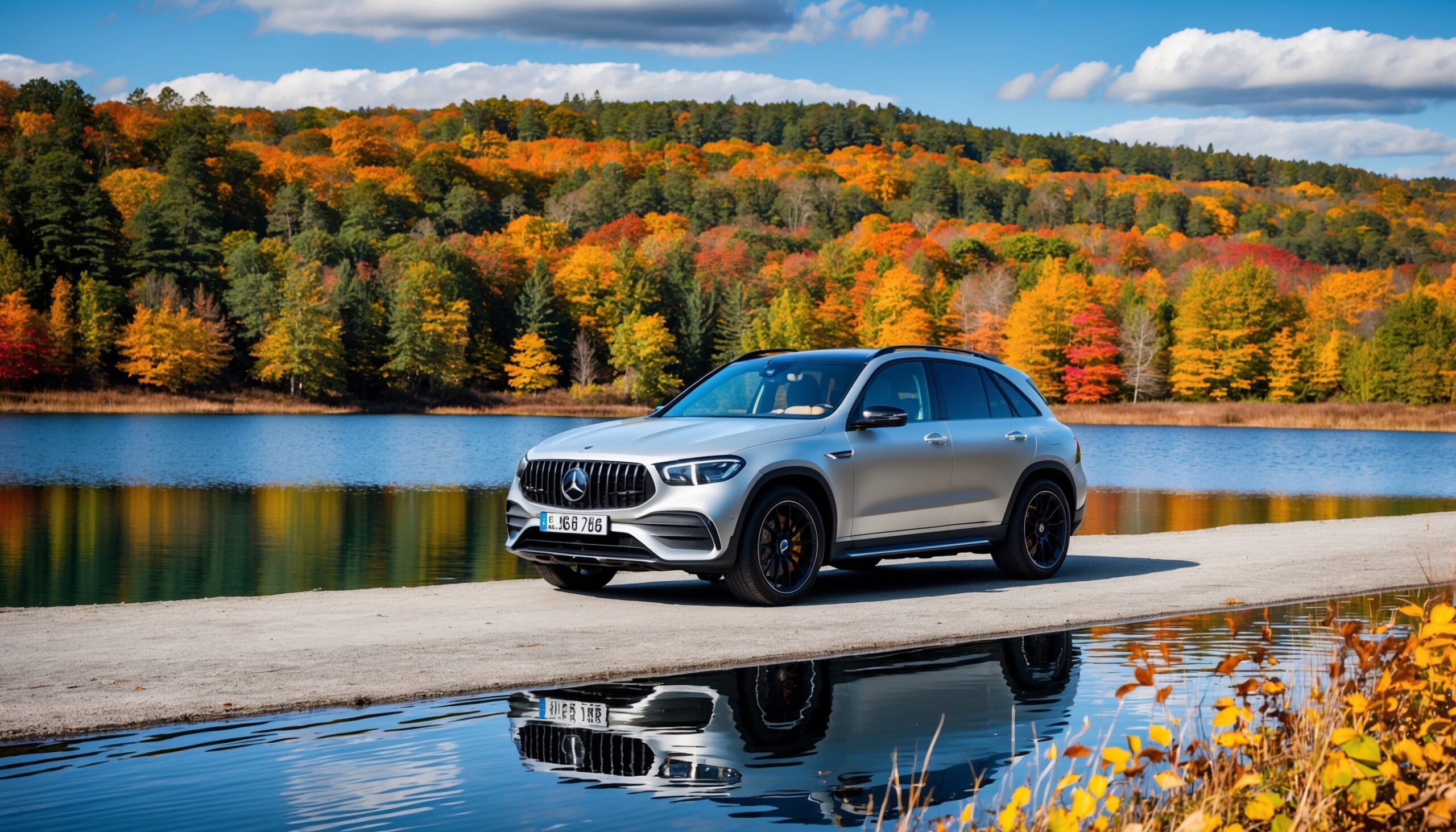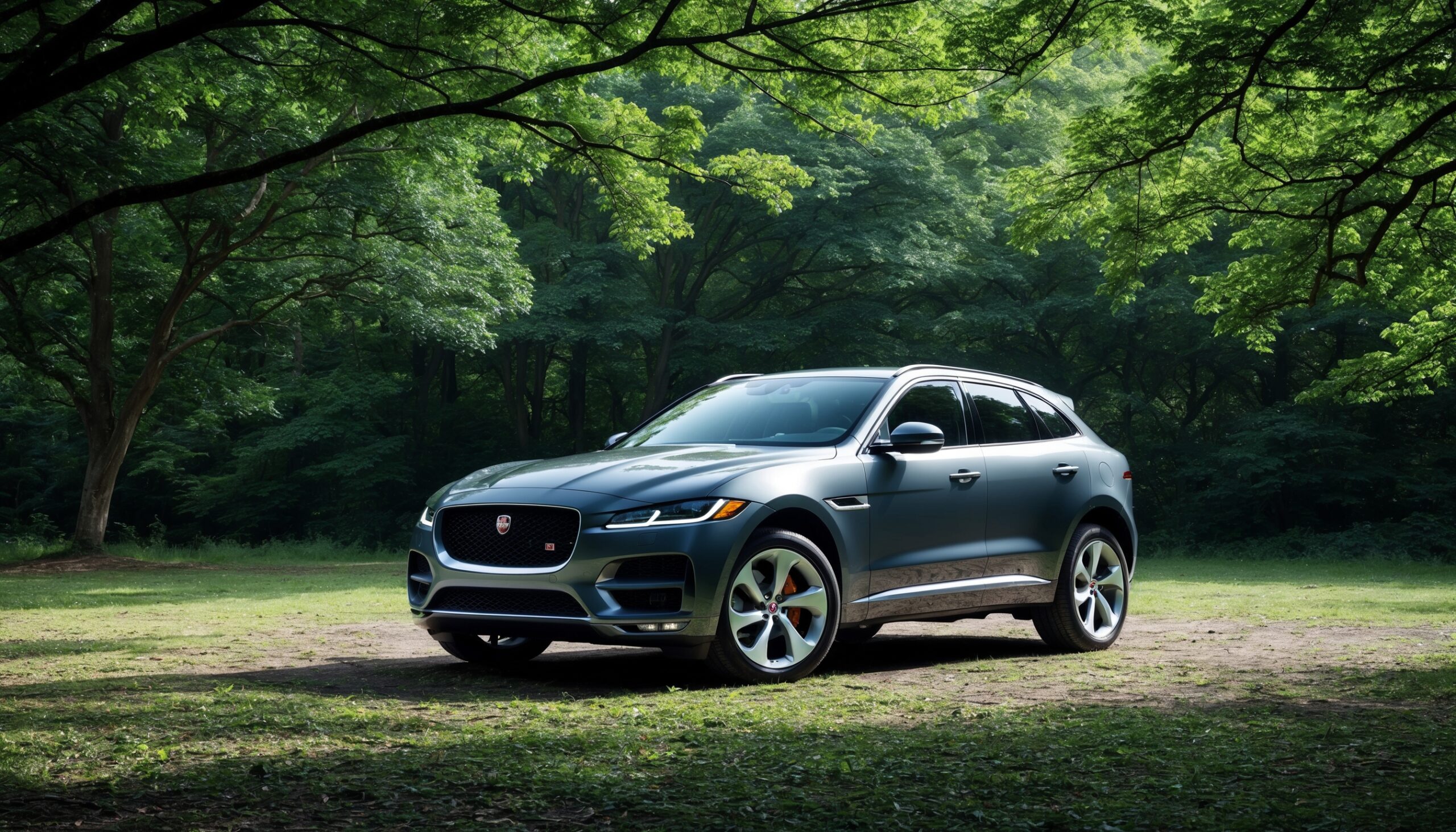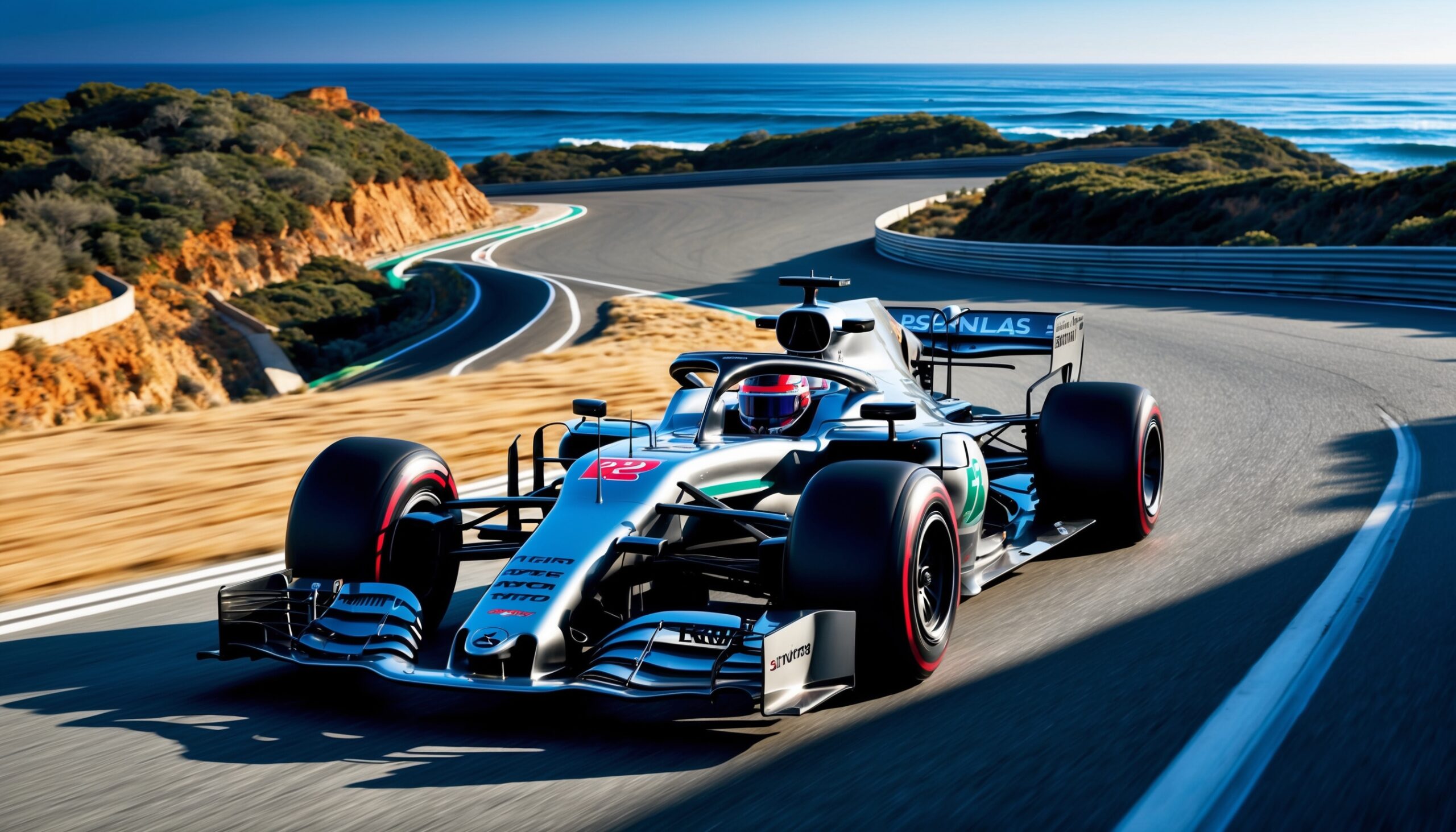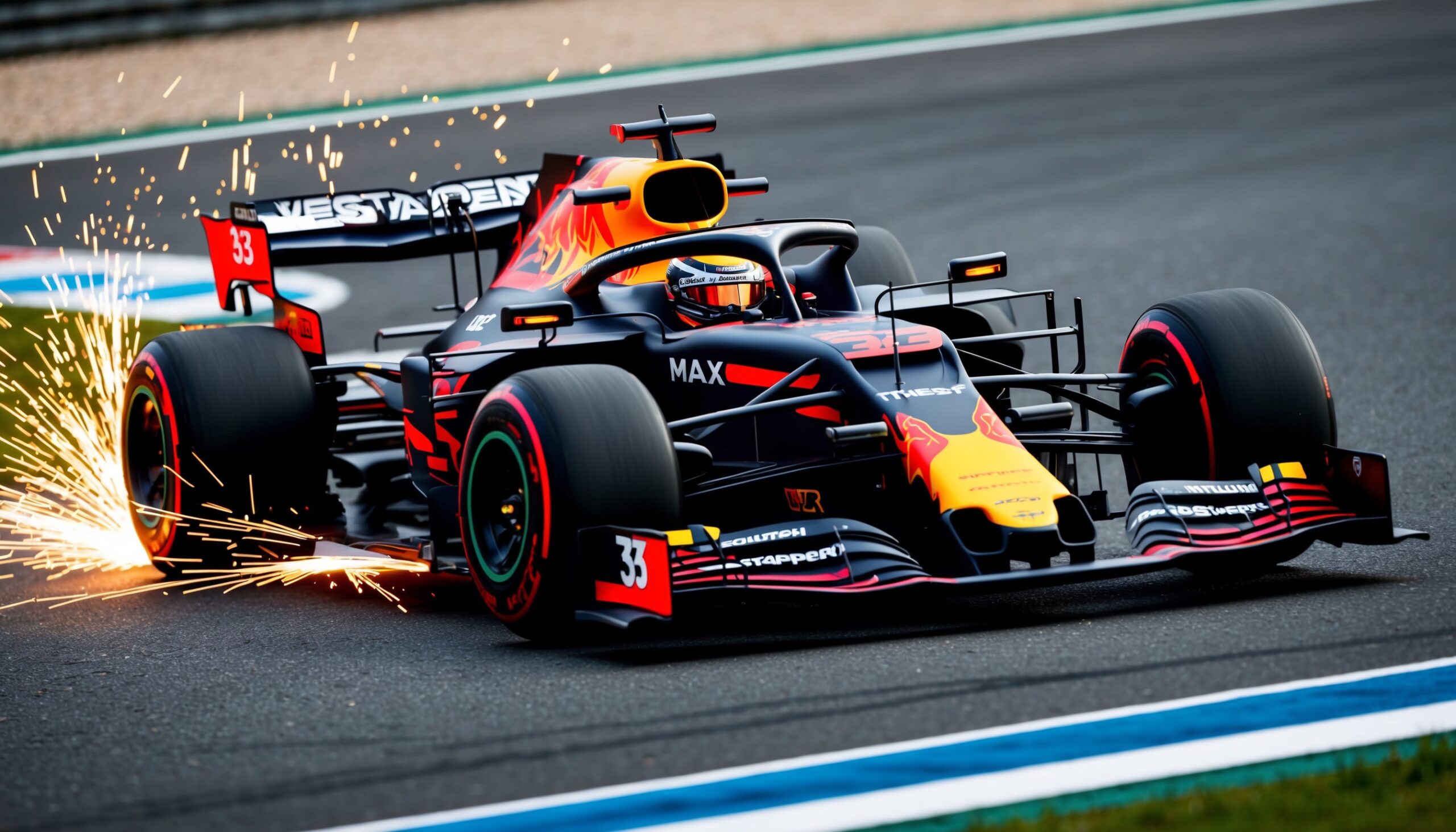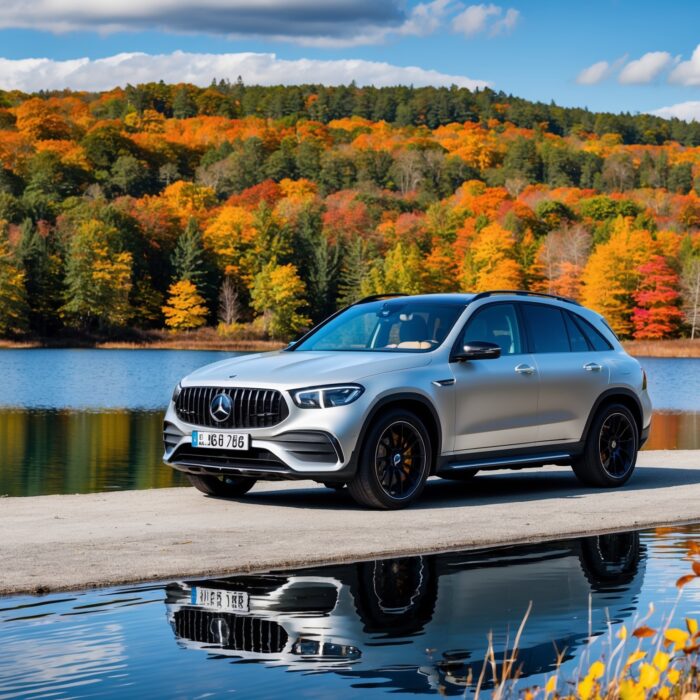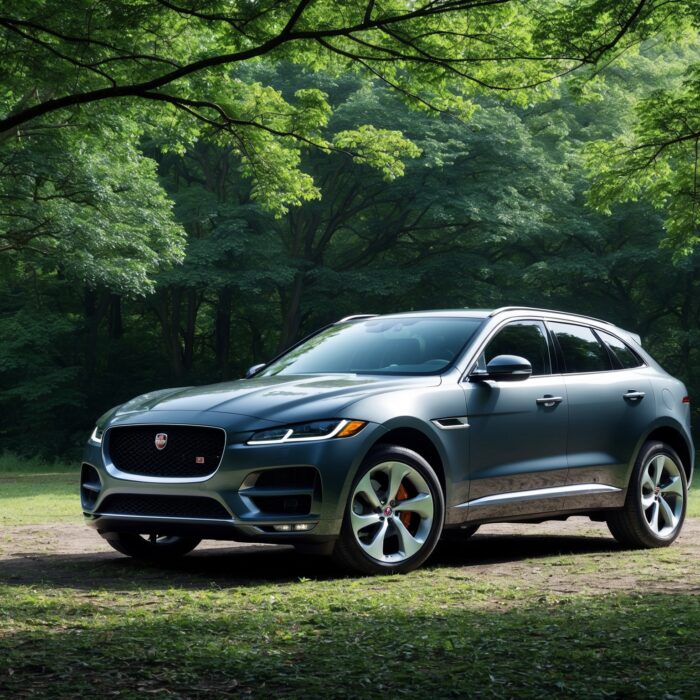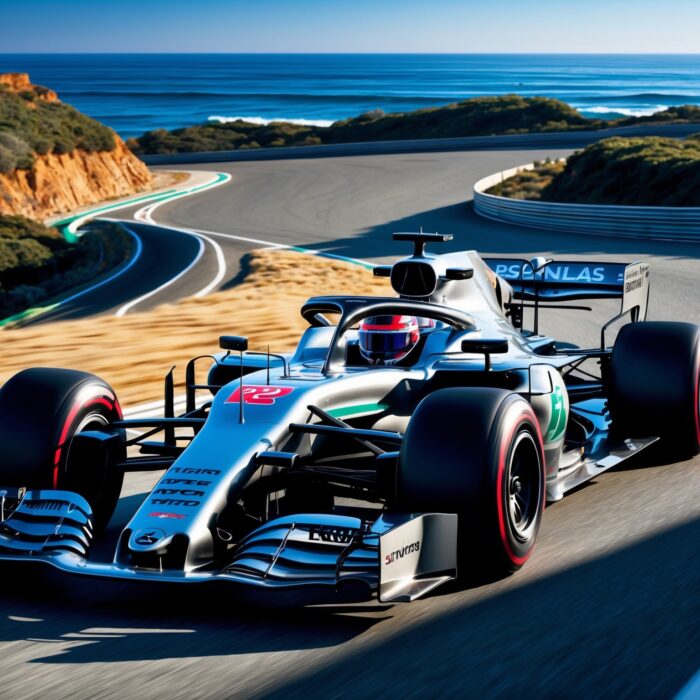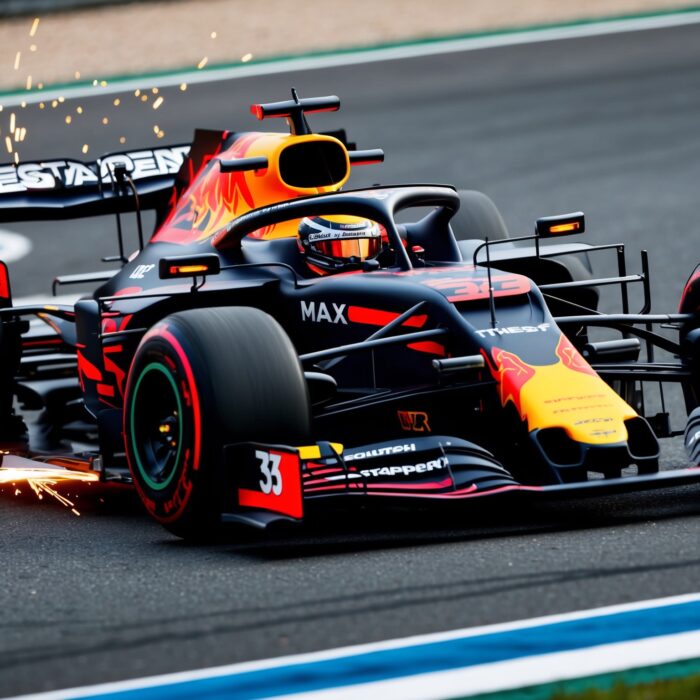Toyota Tundra vs Nissan Titan – Which Full-Size Truck Offers Better Value for Your Needs?
Overview of both cars
The Toyota Tundra and Nissan Titan are two formidable contenders in the full-size truck segment, catering to buyers who prioritize capability, reliability, and advanced technology. The Tundra, known for its robust construction and legendary durability, appeals to those seeking a workhorse that doesn’t compromise on comfort. Meanwhile, the Titan offers a blend of powerful performance and innovative features, making it an appealing choice for those who want a versatile truck that stands out on the road.

Tip: See Quick Specs below for detailed differences.
Quick Specs Comparison
Exterior & Design
The Toyota Tundra showcases a bold and aggressive front fascia with a prominent grille that conveys power and presence. Its muscular stance is complemented by sharp character lines and a choice of various wheel designs, allowing for a personalized touch. The truck is available in an array of colors, including eye-catching metallic finishes, which enhance its rugged appeal.
On the other hand, the Nissan Titan features a more refined, yet equally assertive design. Its V-motion grille and sleek LED headlights give it a modern look, while the flowing lines and sculpted sides contribute to aerodynamics. The Titan also offers several trim levels with unique styling cues, such as blackout packages and sport appearances that cater to a diverse audience. The overall build quality of both trucks is high, with durable materials used throughout that ensure longevity.
Also Read: Fortuner Cars vs Sports Cars: The Pursuit of Power Meets Practicality
Interior & Comfort
Inside the Toyota Tundra, the cabin is spacious, with high-quality materials that lend an upscale feel to the environment. Comfort is a priority, with supportive seats and ample legroom in both the front and rear rows, making long hauls less taxing. The ergonomics are well thought out, with intuitive controls and a user-friendly infotainment system. Noise insulation is also commendable, providing a serene driving experience even at highway speeds.
Conversely, the Nissan Titan emphasizes comfort and versatility. The interior features plush seating and a well-designed layout. The materials used are soft-touch and premium, enhancing the upscale atmosphere. Additionally, the Titan boasts innovative storage solutions, including under-seat storage and spacious center consoles. While it also offers a quiet ride, some may find that the Tundra edges it out in overall cabin refinement.
Performance & Driving Experience
The Toyota Tundra is powered by a 3.5L twin-turbo V6 engine that delivers robust performance with quick acceleration. The 10-speed automatic transmission enhances the driving experience by providing smooth shifts and responsive power delivery. Handling is predictable, with a strong emphasis on stability, making it well-suited for towing and hauling tasks. The ride quality is commendable, though some might find it slightly stiffer compared to competitors, particularly when unloaded.
In contrast, the Nissan Titan’s 5.6L V8 engine provides an exhilarating driving experience with its impressive torque output. The 9-speed automatic transmission is responsive, although some drivers may notice a slight delay in shifts compared to the Tundra. The Titan’s handling feels more agile, and it generally offers a more comfortable ride, especially on uneven surfaces. Those who prioritize a smooth, cushioned driving experience may lean towards the Titan.
Fuel Economy
Fuel economy is an important consideration for truck buyers. The Toyota Tundra achieves an estimated 18 mpg in the city and 24 mpg on the highway, with a combined figure of around 20 mpg. Its twin-turbo V6 engine provides decent efficiency for a full-size truck, especially considering its performance capabilities.
The Nissan Titan, on the other hand, offers slightly lower fuel economy ratings, clocking in at about 16 mpg in the city and 22 mpg on the highway, with a combined rating of approximately 19 mpg. The V8 engine, while powerful, does not match the Tundra’s efficiency. However, for buyers who prioritize performance over fuel economy, the Titan’s power may justify the trade-off.
Safety & Technology
Both the Toyota Tundra and Nissan Titan come equipped with a suite of advanced safety features. The Tundra boasts Toyota’s Safety Sense suite, which includes adaptive cruise control, lane departure alert, and automatic emergency braking. It has received commendable crash test ratings, contributing to its reputation for safety.
Also Read: Ford Ranger vs Toyota Tacoma
The Nissan Titan features Nissan’s Safety Shield 360, providing similar safety technologies, including blind-spot monitoring, rear cross-traffic alert, and more. Both trucks offer user-friendly infotainment systems, with the Tundra featuring a 14-inch touchscreen on higher trims and the Titan offering an 8-inch or 9-inch display. Connectivity options, including Apple CarPlay and Android Auto, are available in both vehicles, though some users might prefer the Tundra’s interface for its intuitiveness.
Ownership Costs & Maintenance
When it comes to ownership costs, the Toyota Tundra is known for its reliability, often leading to lower maintenance costs over time. Toyota offers a standard warranty of 3 years/36,000 miles, with a 5-year/60,000-mile powertrain warranty. This solid warranty coverage, combined with Toyota’s reputation for longevity, enhances the Tundra’s overall value.
The Nissan Titan also offers a competitive warranty, with a standard coverage of 3 years/36,000 miles and a 5-year/100,000-mile powertrain warranty, which is among the best in its class. Although the Titan has been praised for its reliability, it does not quite match the long-standing reputation of the Tundra. Insurance rates for both trucks are comparable, but buyers should consider individual factors that may affect premiums.
Price & Value for Money
The base price of the Toyota Tundra starts at approximately $39,000, making it competitive within the segment. It offers a variety of trim levels, each adding features that enhance comfort, technology, and off-road capability. Higher trims can exceed $60,000, but the value remains strong due to its reliability and resale potential.
The Nissan Titan has a slightly higher starting price of around $39,600, but it also provides a robust list of standard features. The Titan tends to offer more powerful engines and additional comfort options in its base model compared to the Tundra. However, as the price climbs into higher trims, the value proposition may be less favorable compared to the Tundra, especially for buyers seeking long-term reliability.
Pros & Cons
Toyota Tundra Pros
- ✓ Legendary reliability and resale value
- ✓ Smooth 10-speed automatic transmission
- ✓ Spacious and comfortable interior
Toyota Tundra Cons
- – Slightly stiffer ride quality
- – Lower fuel economy compared to some rivals
- – Limited engine options
Nissan Titan Pros
- ✓ Powerful V8 engine with strong torque delivery
- ✓ Comprehensive warranty coverage
- ✓ Comfortable ride quality with good handling
Nissan Titan Cons
- – Lower fuel economy compared to Tundra
- – Slightly higher starting price
- – Less established reliability reputation
Final Verdict
In the battle of the Toyota Tundra vs Nissan Titan, both trucks offer compelling features tailored to different buyer needs. If you’re looking for a full-size truck that promises legendary reliability, ample interior space, and a smooth driving experience, the Toyota Tundra is the clear choice. However, if you prefer a powerful engine, a comfortable ride, and a strong warranty, the Nissan Titan is a worthy contender. Ultimately, your decision should align with your specific priorities, and Torque Feed is here to help guide you through that process.

